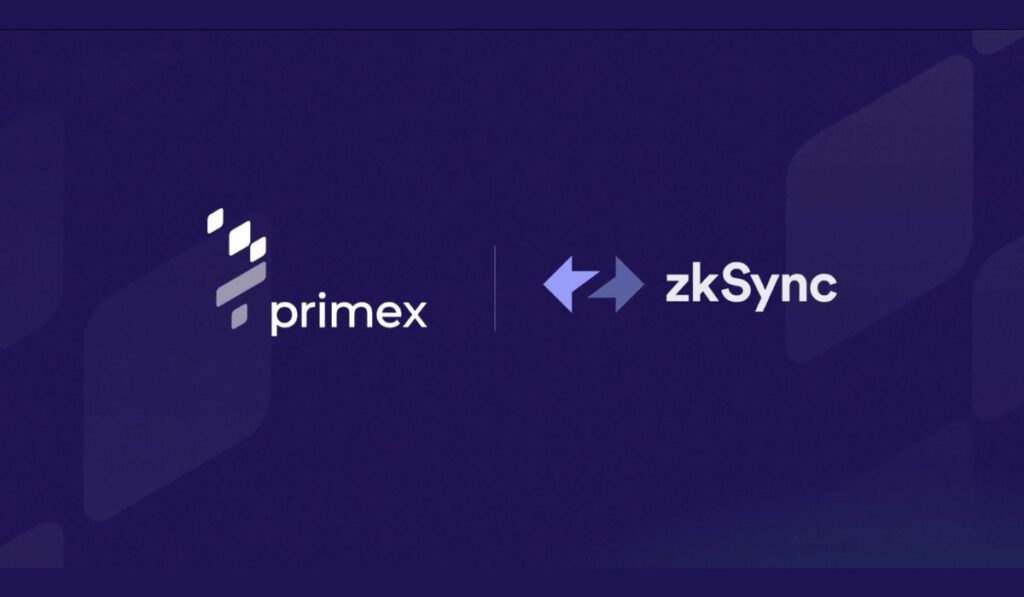A public beta version of Primex Finance has been released, and the company has announced that it will be implemented on the zkSync 2.0 testnet. After the integration is completed at the end of October 2022, users will be able to benefit from faster transaction times when engaging in margin trading on DEXs. Primex Beta’s traders will benefit from reduced gas costs and increased safety.
zkSync’s Layer 2 (L2) protocol, which uses zero-knowledge (ZK) roll-up technology to achieve low-cost and fast transactions, is a promising solution to improve Ethereum’s scalability. At the same time, it is compatible with the Ethereum Virtual Machine (EVM) and retains the same level of security as the first layer (L1).
ZK-rollups are in high demand among Web3 developers, as Vitalik Buterin has called them the long-term winner of the “scaling wars.” Over a hundred projects, including major DeFi market players and infrastructure providers like Uniswap, Curve, Yearn, Chainlink, The Graph, Argent, and Gnosis, have already committed to launching on the forthcoming zkSync 2.0 network, solidifying zkSync’s position as a leading solution in this space.
Primex Finance is among the projects looking to integrate its ecosystems with zkSync to defragment the DeFi market. Primex plans to launch the Beta version of its platform on the zkSync 2.0 testnet, which has been live since February 2022.
Primex Finance’s upcoming zkSync integration will expand the functionalities of DEXs by allowing for decentralized spot margin trading. Primex can operate on top of zkSync’s many decentralized exchanges, giving its users access to a broader range of trading instruments and assets than they would have otherwise.
 
 
Dmitry Tolok, Primex Finance’s co-founder, said: “ZK-rollups have tremendous potential to solve Ethereum’s scalability in the long run, and zkSync is among the leading solutions in this field. Considering that the largest and most liquid DEXs are looking to deploy on this L2, it made perfect sense for our team to deploy Primex on zkSync’s testnet. This way, we can introduce a truly decentralized spot margin trading experience for more users who can benefit from lower gas fees and faster transaction speed offered by ZK-rollup technology.”
In its current iteration, Primex Beta allows users to act as either borrowers or traders. For instance, traders can use Credit Buckets, and liquidity pools, to borrow funds from lenders to open margin trading positions. Lenders can expect a high return on their funds thanks to the margin fees that are paid to them. And because each Credit Bucket has its unique risk parameters, such as the assets it can back and the amount of leverage it can provide, the latter participants can effectively manage their risks.
Primex is a decentralized exchange that allows for margin trading, but it achieves this without a traditional central exchange by using a permissionless network of keepers. Position liquidation, stop-loss, take-profit, and limit orders are all examples of on-chain actions that keepers are tasked with executing.


